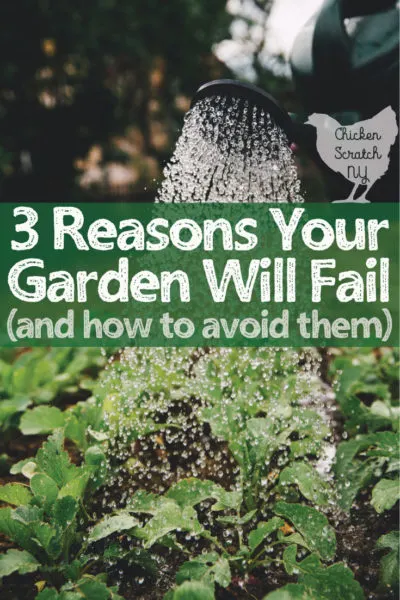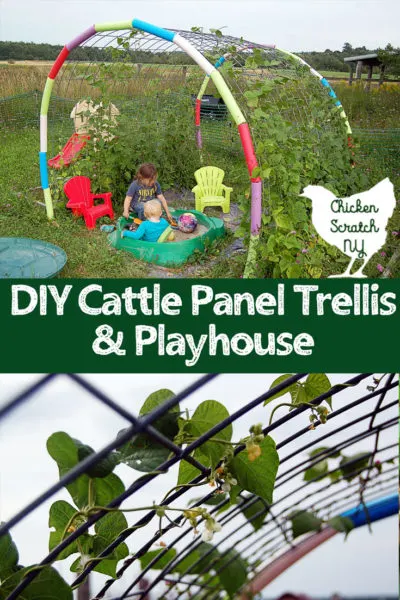There seems to be a lot of hybrid plant shaming going around. Many (most?) garden bloggers are all about the heirloom seeds, which I understand and support. But it makes me sad that hybrid seeds are so demonized. They really don’t deserve it. Hybrid vegetable seeds have a lot of benefits and there are several reasons they deserve consideration in your garden.
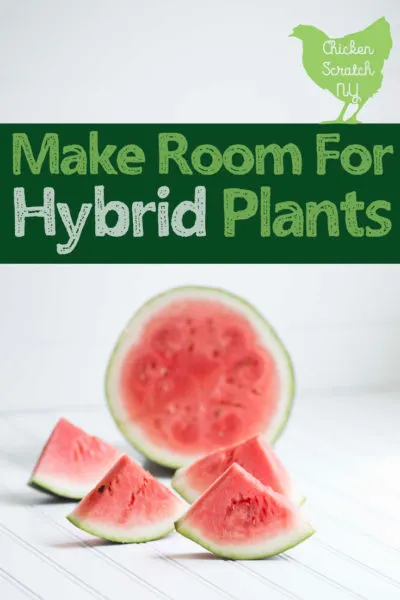
What are hybrid plant varieties?
Hybrids are created by cross breeding two species or varieties for a specific result. Often the desired result is stronger offspring. It’s called ‘hybrid vigor’ (or heterosis if you want to get fancy) which is the tendency of offspring to be stronger than the parents. Think of mules, they’re bred to be stronger than a horse and less stubborn than a donkey.
There are other reasons to hybridize, for example in sex-linked chickens the desired result is di-morphic (two forms) chicks that can be sexed based on feather color. Or like the case with seedless watermelons, desired infertility.
How do I know if a seed variety is a hybrid?
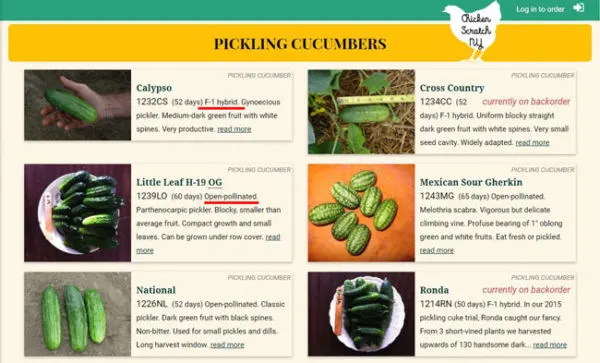
Hybrid seeds are usually identified by the label “F1” in catalogs, it stands for “filial one”. A lot of top quality seed company’s like Johnny’s Seeds, Fedco and Botanical Interests carry both heirloom (or open pollinated) and hybrid seeds.
GMO’s are created in a lab by changing the genetic material on a cellular level examples include adding off and on switches to genes or adding completely new genes (like in Bt corn). Now that we’re clear on what hybrids (and are not) are I’d like to give you a few reason you really need to consider them for your organic garden.
4 Reasons to Give Hybrid Seeds a Chance:
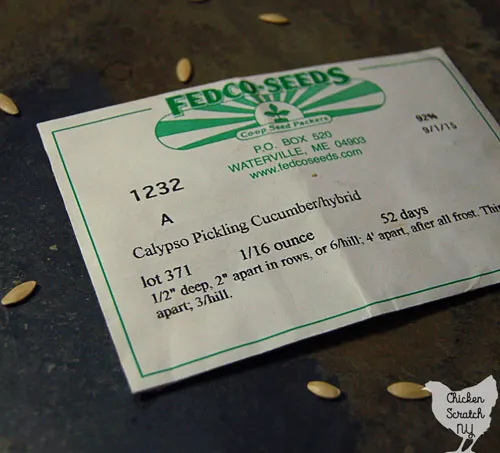
- Disease Resistance – I love Lemon cucumbers, they’re an heirloom variety perfect for out of hand eating. Last year I had four gorgeous plants that I lost almost over night thanks to powdery mildew. It was a wet, moist year and it seemed like it rained forever. This year I have my eye on two hybrid varieties that have a string resistance to powdery mildew. Hopefully it’ll give me a shot at a bumper crop of cukes (Mary likes to eat the seeds out of the cucumbers leaving the ‘meat’ and skin for me, it takes a lot of cucumbers to fill her up…) regardless of the weather.
- Higher Yield/Uniform Crop – they are bred to produce uniform crops. They may not be as fancy as heirlooms but they get your belly filled. This is especially helpful when you’re trying to can and you need everything ready at once.
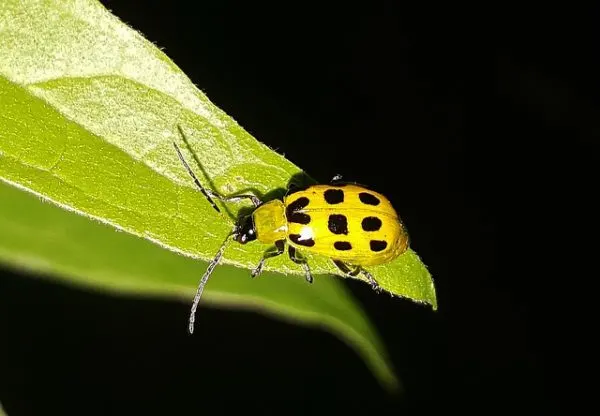
- Reduce the need for pesticides (even organic ones) – Some diseases are transmitted by insects and the best way to eliminate those diseases is to get rid of the pests, right? Wrong! The best way is to grow plants that are resistant to those diseases. There is no such thing as a targeted pesticide, even versions rated for use in organic gardens can’t tell the difference between a lady bug and a cucumber beetle. Row covers and disease resistant varieties are a great combo in the garden.
- Desirable Traits not Possible with Open Pollination – Have you ever enjoyed a seedless watermelon? They’re the result of cross-breeding two incompatible watermelons. The watermelons from from those seeds are infertile aka seedless. The process is pretty cool and The American Farm Bureau Foundation explains where seedless watermelons come from including the science and mis-matched chromosomes behind it.
- They are not GMO
3 Reasons Hybrid Seeds Might Not Be For You
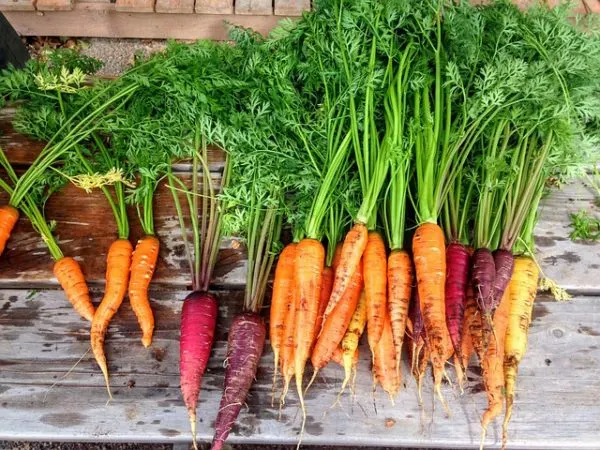
- Can’t save seeds – even if technically possible the offspring won’t have the desired traits of the parents. What you’ll get is a complete gamble. I grow too many varieties to save many seeds any way so this doesn’t really bother me. If sustainability is your goal then hybrids aren’t for you.
- Sometimes more expensive – not all hybrid seeds are more expensive but they can be. Especially if you’ve got your eye on something brand new or a variety of seeds that takes a lot of effort to produce (back to those dang watermelons!)
- No history – I love heirlooms because it’s a tangible connection to the past. I like growing carrots that my great-grandmother planted on the family farm. Hybrids don’t have the romance or stories you’ll get with heirloom varieties.
In my garden I grow a mix of heirloom and hybrid varities. I tend to use mostly heirlooms and then fill in the problem areas with hybrids. I’m probably going to get my Homesteader License revoked for this post but I’m ok with it 😉
Other garden posts to check out:
Watermelon picture provided by Tanalee Youngblood


